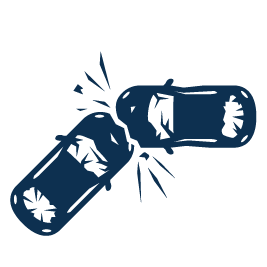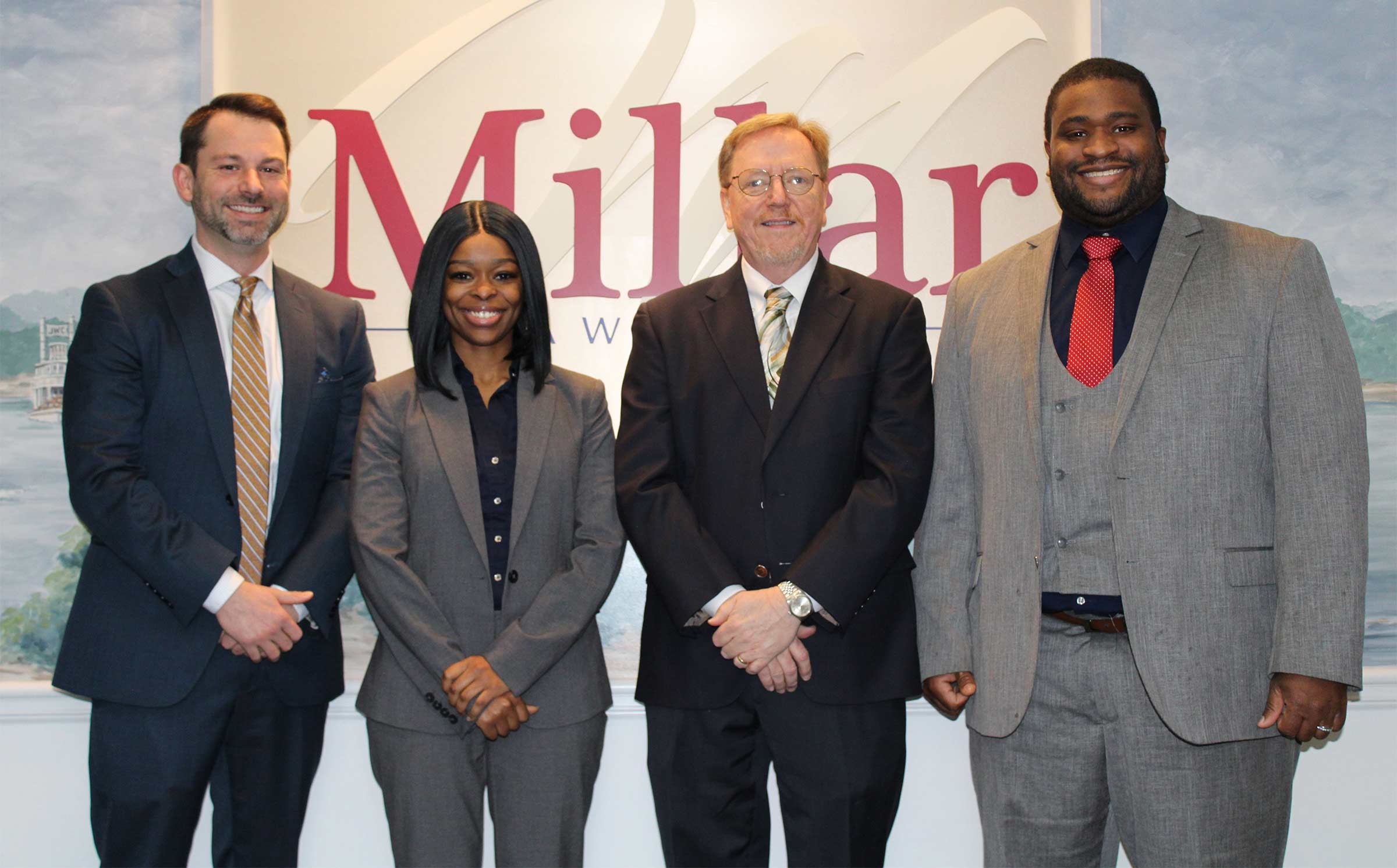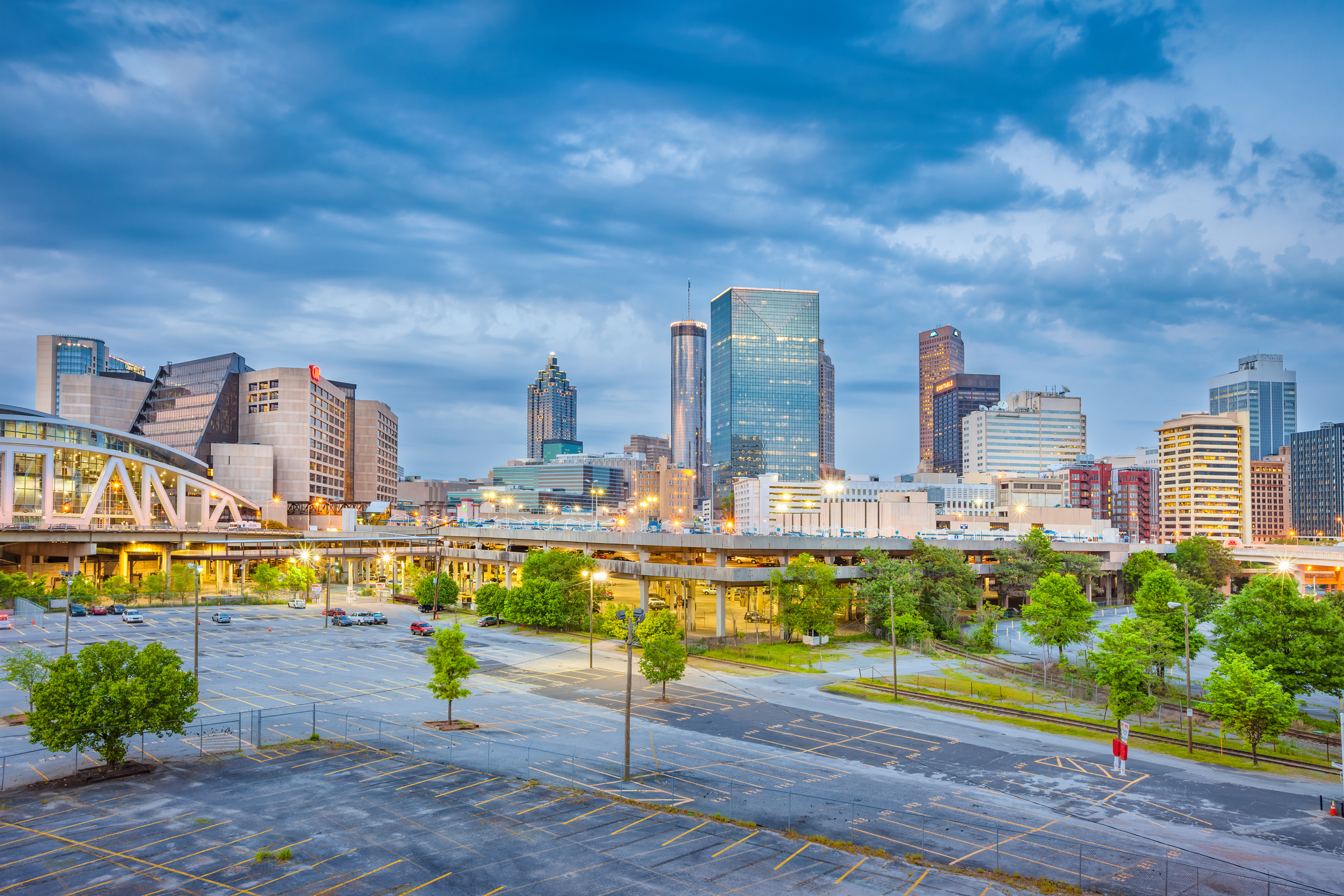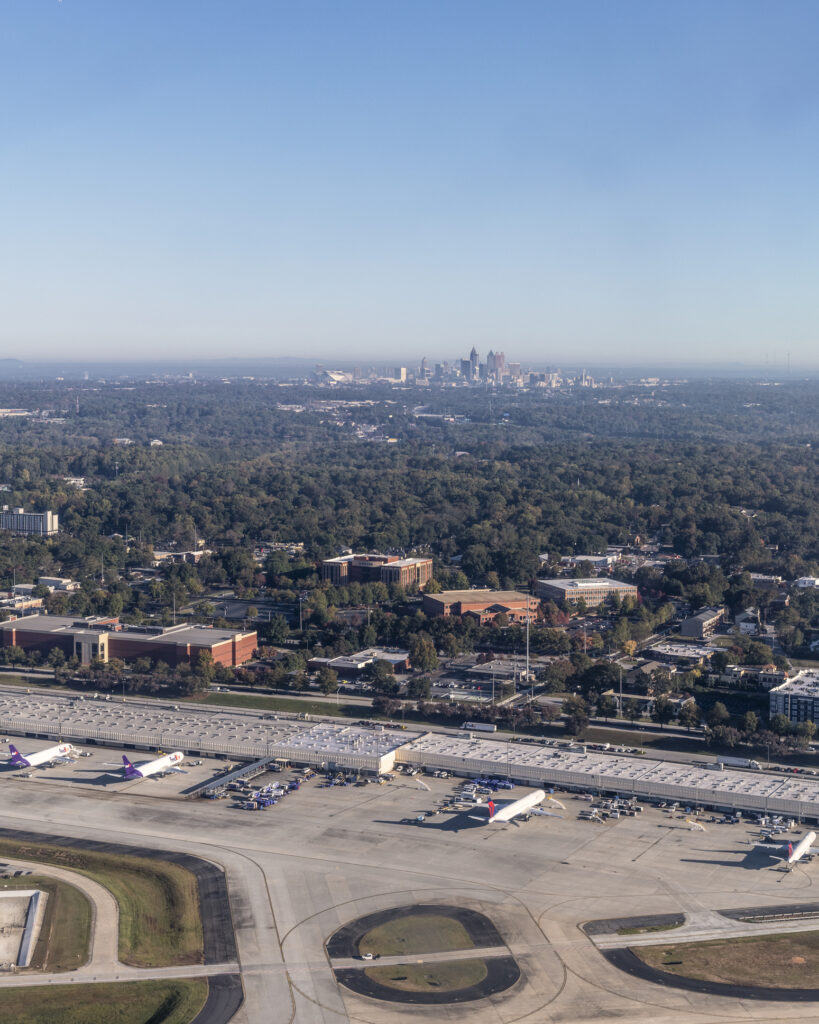
$250,000

$1,250,000

$160,000
Why Choose The Millar Law Firm?
Injuries caused by negligent property owners can occur at almost any time and in almost any place. They may cause significant suffering, debilitating pain, and major medical bills. Victims are often left wondering where to turn. Someone may go into a store and slip because somebody had not cleaned up a spill. Another might get injured in a store parking lot because there was not adequate lighting.
Determining who is responsible for such suffering can be very difficult. Who will pay the seemingly endless expenses? On top of the confusion and frustration, most victims worry about whether they can afford to hire a lawyer to handle their case.
The Millar Law Firm has twenty-six years of experience being a fierce advocate for people who have been injured due to the negligence of property owners who failed to ensure that their premises were safe. We understand premises liability law and are intimately familiar with the way the courts in Clayton County work.
Our attorneys take the time to listen carefully so that they can understand the facts and circumstances surrounding every case. The facts pertaining to each case are specific; they are different from the facts of every other case that has been tried before. Different facts lead to different causes of action, and getting all the facts straight is critical to ensuring that justice is served.


Compensation for Injuries Caused by Negligent Property Owners
The Millar Law Firm pursues the maximum compensation possible for every case. For every case we take, we launch a thorough investigation into the facts and circumstances surrounding the incident that caused the injury in order to ensure that those who are responsible are held liable. We do the investigative work so that you can focus on recovery.
Determining Premises Liability
There are three different classes of people for the purposes of determining premises liability: invitees, licensees, and trespassers. The landowner owes them a different level of care, depending on which category a person falls under. The category you fall under is very fact specific and it is imperative that you obtain sound legal advice as quickly as possible after an injury in order to get the best advocate for your rights.
Under the Official Code of Georgia, a person is an invitee when the landowner either by an express invitation or an implied one invites a person onto their land. A good example of this is somebody who is running a business and has customers come into the shop. A landowner is responsible to an invitee for any injury caused by his failure to exercise ordinary care on maintaining the premises. O.C.G.A. 51-3-1
A person is a licensee when they are not a customer, servant, or trespasser, do not have a contractual relationship with the person who owns the land, and has either expressed or is by permission on the property and comes onto the land for their own purposes. A good example of this is someone who has permission to enter a property to pick fruit from a property owner’s fruit trees. A landowner owes a licensee protection from willful and wanton injury. O.C.G.A. 51-3-2 (a)
Finally, under official Georgia Code, landowners owe no duty of care to a person who is considered a trespasser on their land except to refrain from causing willful and wanton injury. A good example of a trespasser is someone who cuts through a neighbor’s backyard without the permission or knowledge of the landowner. O.C.G.A. 51-3-3 (b)
Property Owners’ Responsibilities
There are inherent risks associated with owning property, particularly if the person intends to use that property to conduct business. These premises must be maintained in order to ensure that people are not injured. Such maintenance can include things such as ensuring that there is proper lighting or that there are no major holes or debris on the property into which someone may fall or upon which someone may hurt themselves. Property owners must also see that the premises are clean and there are no dangerous objects with which someone could hurt themselves, or if there are such things existing on the property, that there are clear warnings of their presence.
It is reasonable that property owners keep themselves informed about any repairs needed on their properties. The maintenance staff acts as an agent for them, so if someone files a complaint against the owner with this group it would become potentially liable unless they fixed all issues before somebody got hurt or harmed in some way.
An investigation of these factors can prove negligence on the part of the landowner. Property owners have the responsibility of protecting those whom they invite or allow on their property because they are in the best position to not only know the potential dangers on the property but also have the authority and are in the best position to fix such dangers. Many different types of property owners can be found liable:
- business owners with traditional storefronts
- home businesses such as in-home salons
- landlords to their tenants
- owners of public entities such as libraries or schools
- owners of hotels
Proving Premises Liability
Four essential elements must be present to prove a premises liability case:
- Property Owner’s failure to conform to the standard of conduct. The owner of a business in particular owes a duty of ordinary care to those he invites on his promises. Determining what constitutes ordinary care comes down to whether a reasonable person could have foreseen the issue that led to the injury. The standard of care requires that landowners do things like ensure that their floors are clean and not slippery, the premises are well lit, easily accessible, and in good repair. If these conditions temporarily cannot be met for whatever reason, it is imperative that a property owner warn invitees or licensees of the danger. A good example of this is a business owner putting a “Caution: Wet Floor” safety sign on a mopped floor. Some things can show evidence of negligence of standard of care; these include previous complaints, which prove that the hazard was clearly visible or has occurred in the past.
- A property owner breaches this duty of care when they do not maintain the premises in a sufficient way or they fail to properly warn those who enter their property.
- The third element is that an alleged injury was caused by that breach of duty. For example, if a property manager fails to put a “Caution: Wet Floor” sign out on a freshly mopped floor and someone enters the store and slips on the wet floor hurting themselves, the property owner may be liable for your injuries and you may be able to receive compensation for things like your medical expenses, lost wages, and pain and suffering.
- Finally, the injury must have caused damage to you or your loved ones. These damages can include things like lost wages, medical bills, and pain-and-suffering.

That is why when you are injured in this type of accident it is important that you see a doctor right away in order to properly document the injuries. You should also seek competent legal assistance in order to better protect your rights.
Experience and Focus: The Personal Injury Cases Handled by Our Jonesboro Attorneys
Statute of Limitations
There is a two-year statute of limitations in Georgia for filing a premises liability case. This means that you must file your case within two years of your injury. If you fail to properly calculate the time left on your claim, you will be barred from filing the suit and will not be able to recover for your damages. This is why it is imperative that you seek legal help quickly after such an accident.
We at the Millar Law Firm understand these types of cases and can help protect your rights and hold those responsible accountable. We can help you and your loved ones with a risk-free, no-cost consultation.
Call, email, or come in today for your free, no-risk consultation!

